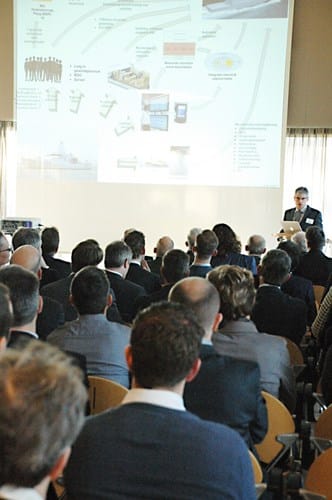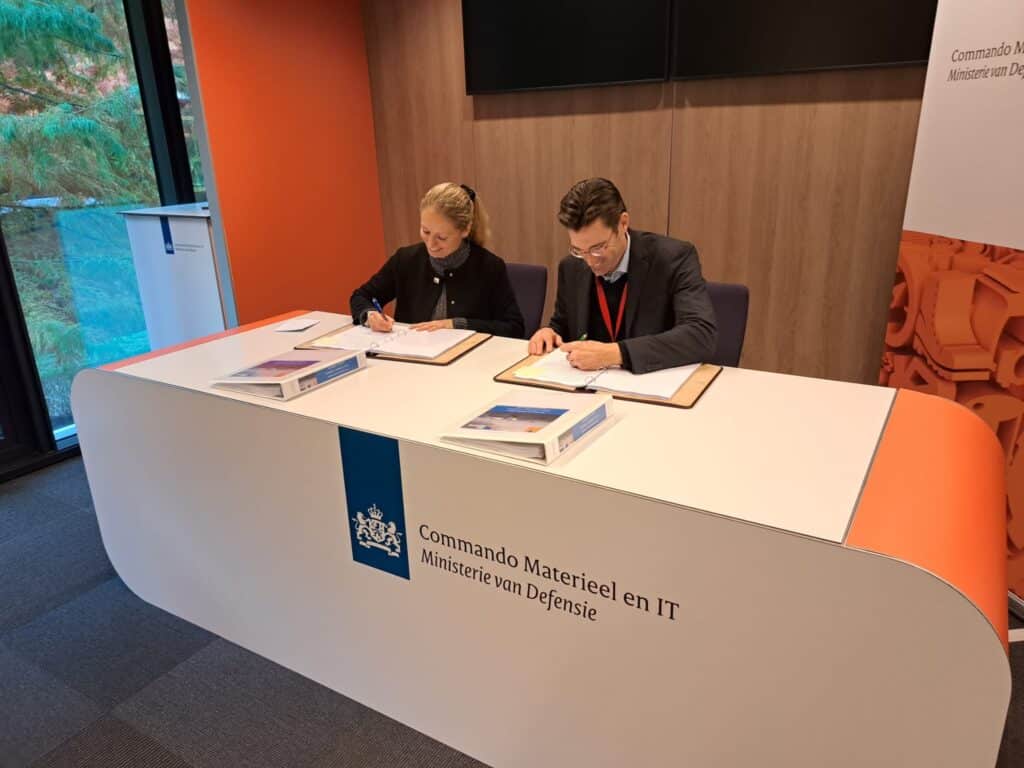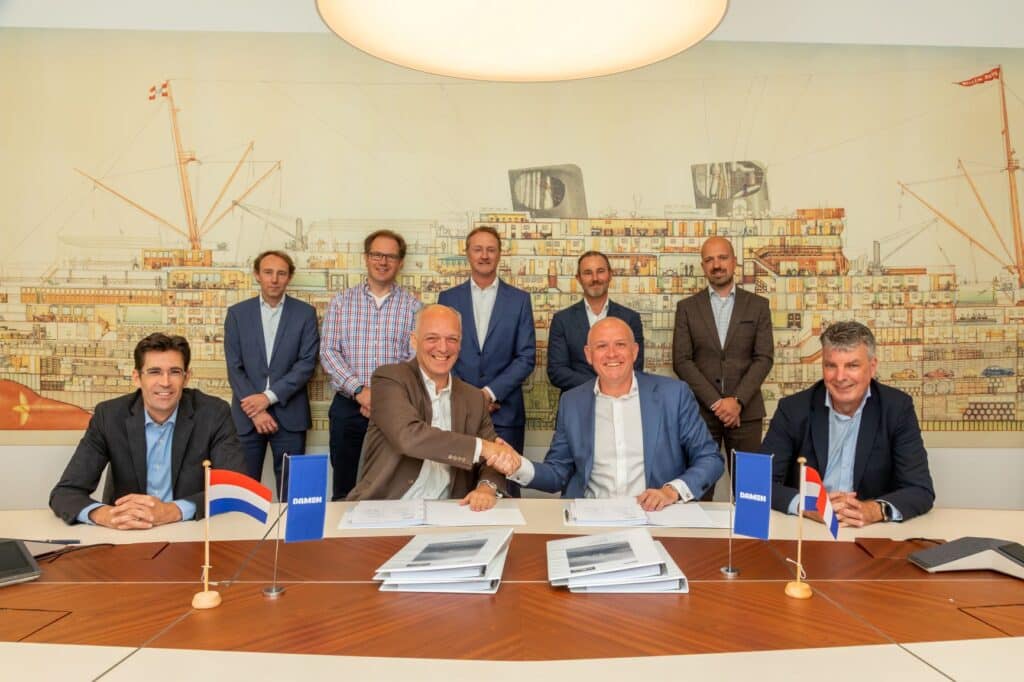Promising results
During the presentations on March 8th, a number of advantages became apparent. For example, the existing systems from various manufacturers can be operated from a single computer, which means not only that less hardware will be required in the future but also that maintenance costs can be reduced and less know-how will be required on board. It was also demonstrated how cyber-attacks on ships can be detected and averted, so that specialist knowledge in this field may no longer be required on board. A demonstration showing a more efficient and effective use of internal communication and coordination tools on board showed that operational management during calamities can be organised and executed more efficiently.
Eventually, the results are to be implemented on board of existing and future navy ships. The Ministry of Defence indicated they were very enthusiastic about the preliminary results of the programme and emphasised the need for a more automated support for operational processes (employment of the ship) as well as for the operational support process.
Strategic aims
The Golden Triangle has been cooperating in the field of Manning & Automation since 2013. In 2014, this resulted in a document describing their vision on Manning & Automation: long-term strategic aims for operational management, manning and automation on board of future navy ships, as well as for the support organisation. At the end of 2015, a roadmap was formulated for the period 2015-2030, with an overview of research studies and projects that should be carried out in order to turn this vision into reality, both for Royal Netherlands Navy ships and for navy ships for the export market. A number of these studies are already under way.
Common architecture
One of these studies is Gaudi, a study into a common architecture for defence and industry. This study aims at developing an architecture that integrates existing stovepipe systems (such as the Combat Management System, the Bridge Management System and the Platform Management System) and makes all information on board of the ship more accessible. Additional advantages include the use of common hardware and common software services, improved security, scalability and a reduction of life cycle costs, making operational management more efficient and probably leading to a reduction of crew size. The partners in this Gaudi study are: Thales Nederland, TNO, RH Marine, and the Ministry of Defence.



